SUMMARY
This is AI generated summarization, which may have errors. For context, always refer to the full article.
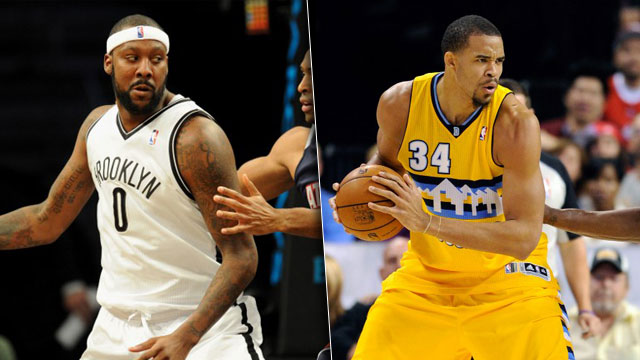
MANILA, Philippines – Will Gilas Pilipinas go all-Filipino in the FIBA World Cup in Spain August-September 2014?
Last week, bills were filed in the Senate to naturalize NBA mainstays Javale McGee and Andray Blatche, drawing a spectrum of responses from Gilas believers and hoop fans in general.
Some feel that the addition of McGee and Blatche will be a big boost to Gilas, but others lament that Team Philippines will once again be relying on ‘imports’ for our success.
With McGee still nursing a fractured leg and likely to miss the rest of the 2013-2014 NBA season, Blatche could possibly take the post and replace Gilas’ current naturalized big, 33-year-old Marcus Douthit.
But whatever happens to the two big men’s naturalization papers, Gilas Pilipinas will parade an all-Filipino roster for the World Cup.
Here’s why.
Filipino-ness
There are many ways of acquiring Filipino citizenship.
When I applied for a passport just last year, options under ‘acquired citizenship (through) ‘ included ‘birth,’ ‘election,’ ‘marriage,’ ‘naturalization,’ ‘RA 9225,’ and ‘others.’
Looking at University of the Philippines Assistant Professor Jay Yacat’s ‘Making Sense of Being and Becoming Filipinos: An Indigenous Psychology Perspective,’ the Filipino psychologist developed three themes when it comes to pagka-Pilipino (Filipino-ness).
In his paper, Yacat identified three dimensions of being a Filipino based on his qualitative study.
The first is “pinag-mulan” (socio-political origins). This is when one identifies himself or herself as a Filipino based on origin. For instance, they’re born in the Philippines or they have parents who are Filipinos or reside in the country. So if my parents are both Filipinos, I would consider myself a Filipino.
The second is “kinalakhan” (cultural roots). Filipinos acknowledge their citizenship based on participation and being immersed in a cultural milieu considered Filipino. If I indulge in activities or traditions considered Pinoy, then it’s more likely I’m a Filipino.

The last is “kamalayan” (consciousness). In this dimension, Yacat stressed some factors: awareness of self as Filipino, acceptance of membership in the category ‘Filipino’ and pride in this membership. Perhaps naturalized Gilas Pilipinas stalwart Marcus Douthit falls under this category, since he has shown the country passion when it comes to basketball.
Gilas Pilipinas in 2011 and 2013
Douthit was the talk of the town when he arrived in the Philippines back in 2010. After failed attempts to naturalize past prospects CJ Giles and Jamaal Sampson, Douthit seemed a perfect fit when he led Smart Gilas in the MVP Invitational Cup here in Manila. Congressman Robbie Puno ushered House Bill 2307 just in time, giving Douthit his Filipino citizenship.
Douthit bolstered the center position, something deemed as a loophole in PH basketball when they compete abroad. His arrival gave us a new dash of hope.
In the 2011 FIBA Asia Championship in Wuhan, China, he piloted Smart Gilas to a breakthrough semi-final finish in the Asian cage wars. The former American would dominate the paint with his 21.9 PPG and 12.2 RPG average in the tournament where Gilas finished 4th.
Philippines is not the only country who bannered a naturalized player (or called “imports” by some). Jordan brought Rasheim Wright; Korea had Gregory Stevenson, who was rechristened as Moon Tae Young.
As a part of the revamped 2013 Gilas squad, Douthit once again donned the red, white, and blue, where more naturalized players highlighted the Asian cage wars. Jordan this time brought Jimmy Baxter; Chinese Taipei fielded in Quincy Davis III, Qatar bannered Jarvis Hayes, Kazakhstan got a boost from Jerry Johnson, and Japan had JR Sakuragi.
Douthit was not even the most dominant force in the 11-day joust, but played a key role, especially against second-round foe Qatar. Nursing an injury, Douthit returned to the match in the fourth quarter, making a huge presence despite being virtually one-legged.
The one-time Los Angeles Laker draftee was sidelined in the first half of the all-important affair against Korea, but the Filipinos came out on top behind memorable performances from Marc Pingris, Ranidel De Ocampo, Jayson Castro and Jimmy Alapag.
Gilas Pilipinas did not rely much on Douthit, who averaged just 11.9 PPG and 9.4 RPG; we qualified because the whole team delivered. Coach Chot Reyes said Douthit did so much for the country, and it was the time the entire team would give back and do the same.
Together, Gilas Pilipinas knocked out Korea in front of over 19,000 fans inside the Mall of Asia Arena in a historic night. That victory enabled us to barge into the 2014 World Cup of Basketball in Spain.
The issue with McGee and Blatche’s pending naturalization is not necessarily basketball, but rather about nationality.
Naturalized players-like the ones mentioned above-are heavily scrutinized for their “citizenship.”
But in sports journalist Rick Olivares’ piece on naturalization he mentioned naturalization had been a practice since ancient Olympic Games.
He concluded by stating: “So what is wrong with naturalization? Nothing.”
Exactly.
It still infuriates me when Douthit is referred to as an import, despite all the hardships and contributions he has brought to the national team. Even if he recognizes his Filipino-ness, there are a few people who would say “Di naman Pinoy ‘yan eh.” (He’s not even a Filipino)
Going back to Yacat’s themes, if one embraces his or her Filipino citizenship and takes pride in it, then that makes him or her a Filipino under “kamalayan.”
Going all-Filipino
So, were we led by an import in the 2011 and 2013 FIBA Asia Championships? No.
An all-Filipino cast? Definitely.
Others will still argue that we had 11 players and an import, but we can confidently say Smart Gilas Pilipinas always had 12 Filipinos in their FIBA Asia roster.
Now, if McGee and Blatche’s naturalization bills make it through the legislative process in time, then they will most likely be the newest additions to Team Philippines. It’s up to the two now to embrace their roles, recognize their new citizenship and take pride in it.
If that happens, then we will march to Spain with an all-Pinoy roster; and since McGee and Blatche are only 26 and 27 years old, respectively, it looks like we will have them for more basketball battles in the future. – Rappler.com
Add a comment
How does this make you feel?
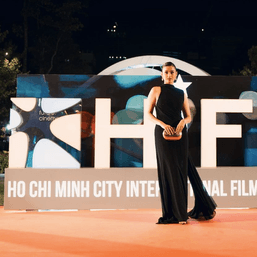
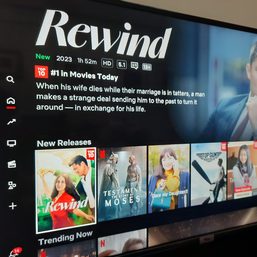


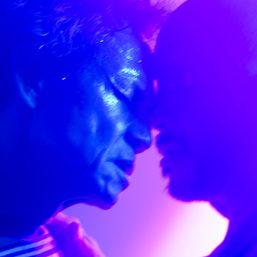
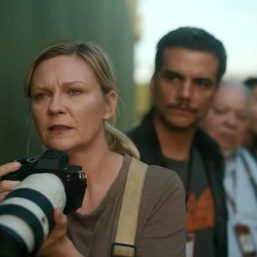
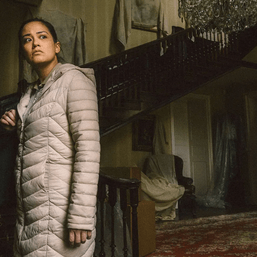
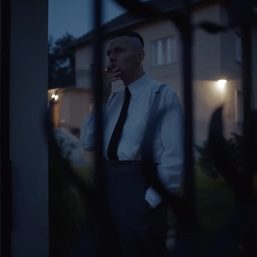
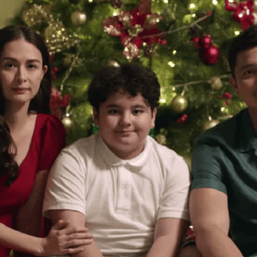

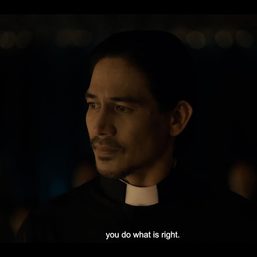
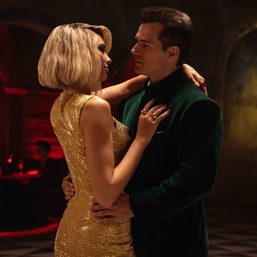
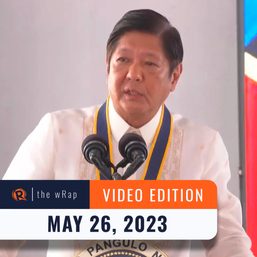

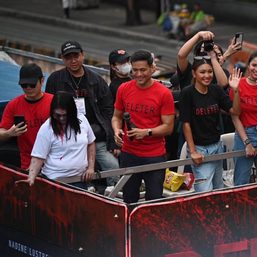
There are no comments yet. Add your comment to start the conversation.